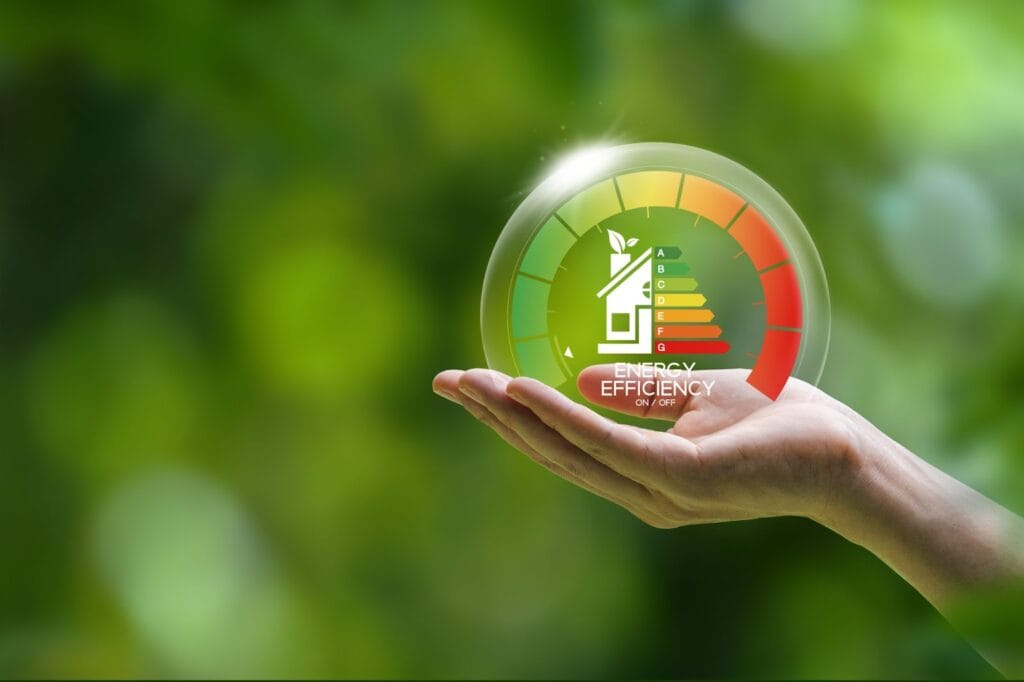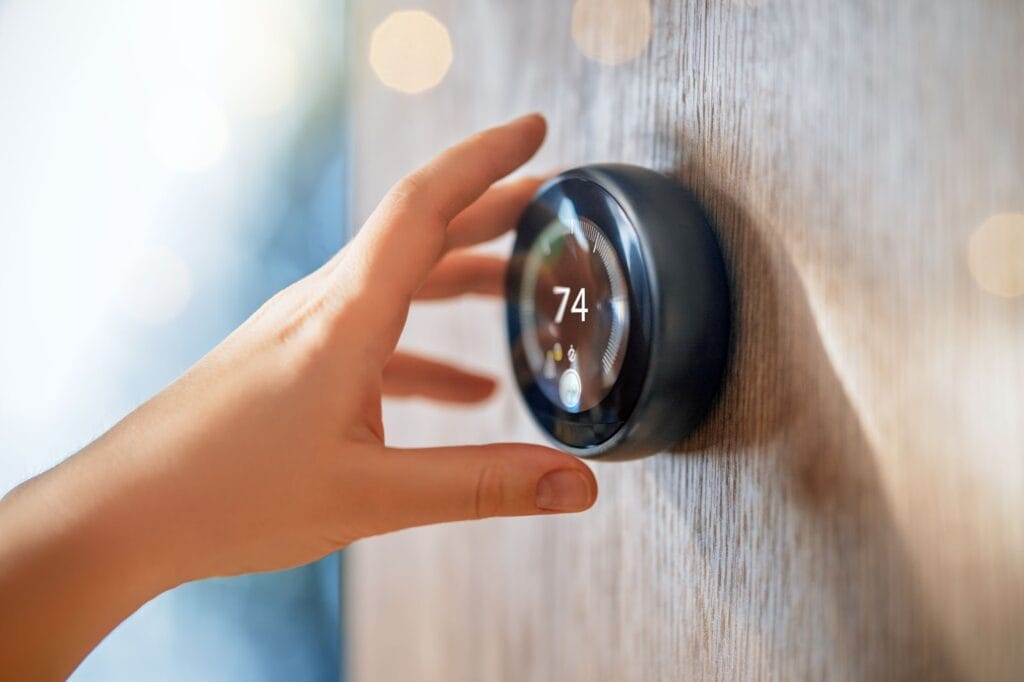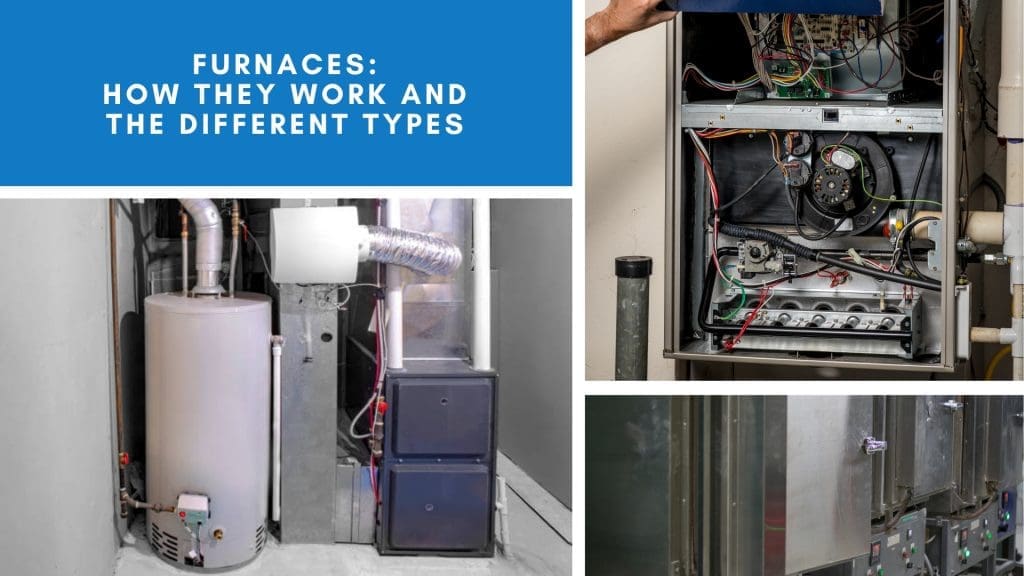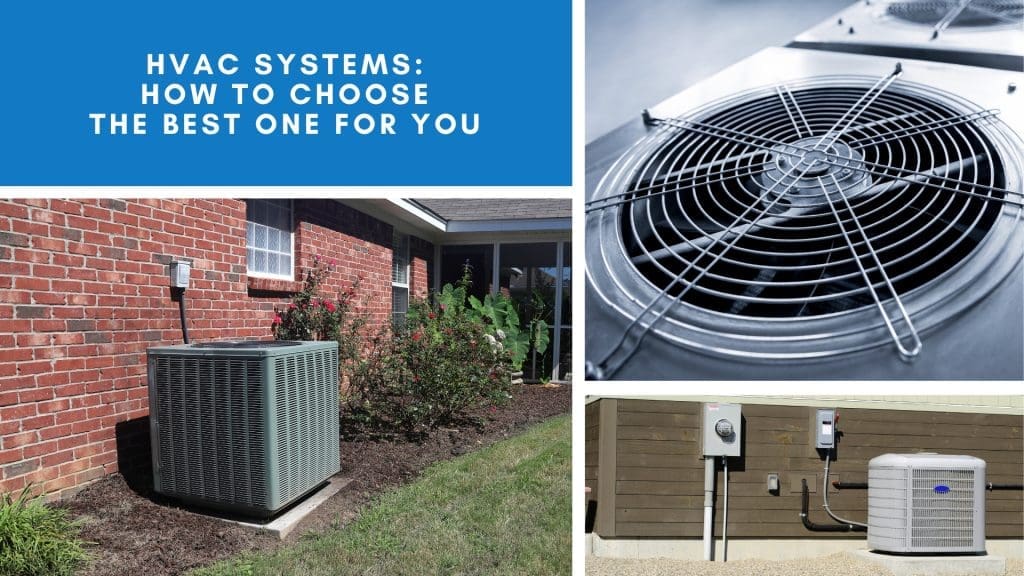The 2025 refrigerant mandate is part of a global effort to reduce the environmental impact of HVAC systems and promote 2025 Refrigerant Innovations. Refrigerants are being phased out and replaced with more sustainable alternatives. The mandate is driven by the need to reduce greenhouse gas emissions and adhere to international agreements such as the Kigali Amendment to the Montreal Protocol.
What’s New in 2025 Refrigerants?
Introduction of R-32
The newest refrigerant set to be widely adopted in 2025 is R-32. This refrigerant is gaining attention due to its lower global warming potential (GWP) compared to predecessors like R-410A. R-32 is more efficient, uses less material for the same cooling effect, and has a reduced environmental impact.

Cost-Effectiveness
R-32 is not only eco-friendly but also cost-efficient. Smaller volumes are needed to achieve the same cooling capacity, reducing the overall refrigerant expense for manufacturers and consumers.
Proven Reliability
R-32 has already been successfully implemented in many countries. Its widespread adoption is expected to help HVAC technicians and homeowners transition smoothly, with minimal disruption.
Why Refrigerant Changes Are Needed
Stricter Environmental Regulations
Traditional refrigerants, such as R-22 and R-410A, have high GWPs and contribute significantly to climate change. Phasing them out in favor of lower-impact alternatives like R-32 is crucial to curb emissions.
A Global Effort Against Climate Change
This refrigerant shift is part of broader international goals to reduce carbon footprints and promote sustainability.
Advancements in Technology
Innovation allows for the development of refrigerants that not only lower emissions but also improve system performance. More breakthroughs are expected in the coming years.

Global and Local Impacts of the Transition
Global Effects
The adoption of low-GWP refrigerants like R-32 is essential for meeting international climate agreements and reducing greenhouse gas emissions.
Local Impact
HVAC manufacturing, installation, and maintenance will be directly affected. Technicians will require specialized training to ensure safety and compliance when handling new refrigerants.
Will HVAC Prices Increase in 2025?
Yes—prices are expected to rise in the short term.
Reasons for Higher Prices
- System Compatibility: HVAC systems must be redesigned to handle new refrigerants.
- R&D Costs: Manufacturers are investing heavily in redesign and optimization.
- Supply Chain Adjustments: Increased demand during transition may temporarily drive costs up.
Compliance Costs
Service providers must invest in training, certifications, and new equipment for handling refrigerants safely. Administrative compliance also adds costs.
Long-Term Savings Through Efficiency
While upfront costs increase, improved efficiency lowers electricity bills, reduces repair costs, and delivers significant lifetime savings.
Benefits of New Refrigerants
- Lower emissions → helps combat climate change
- Energy saving → lower utility bills
- Improved system reliability → fewer breakdowns and repairs
- Long-term cost efficiency
2025 Air Conditioner Regulations
New Efficiency Standards
Systems must consume less energy while providing better performance. This reduces utility bills and lowers the carbon footprint.
Indoor Air Quality Benefits
More efficient systems help maintain consistent temperature and humidity, improving health and comfort.
Refrigerant Disposal Rules
Stricter guidelines will ensure refrigerants are safely recycled or disposed of, minimizing leaks and environmental impact.
Monitoring and Incentives
Regulators will conduct audits and inspections to ensure compliance. Early adopters may benefit from tax breaks and rebates.
What This Means for Homeowners
- More reliable systems with fewer failures
- Lower energy bills thanks to efficiency gains
- Peace of mind knowing your system is eco-friendly
- Better indoor air quality for your family
What This Means for Small Business Owners
- Maintain a comfortable environment for customers and employees
- Reduce operational costs over time
- Demonstrate sustainability commitment → improves brand reputation
- Gain a competitive advantage with eco-conscious clients
What This Means for HVAC Professionals
- Ongoing training and certification needed for safe handling of new refrigerants
- Major growth opportunities for early adopters of new technologies
- Expanded service demand as homeowners and businesses upgrade systems
Staying Informed About HVAC Changes
- Subscribe to industry publications
- Attend seminars and workshops
- Connect with the wider HVAC community in online forums
- Partner with providers who prioritize ongoing training and innovation
Importance of Regular Maintenance
- Keeps HVAC systems operating at peak performance
- Identifies early issues before expensive breakdowns
- Ensures compatibility with new refrigerants
- Helps extend the lifespan of HVAC units
📞 Contact LC Heating and Air Conditioning at (818) 858-7080 for reliable maintenance services.
Upgrading to a New System
- Improved energy efficiency
- Long-term operational cost savings
- Better comfort and indoor air quality
- Opportunity to utilize government incentives and rebates
Partner with Trusted HVAC Professionals
LC Heating and Air Conditioning is here to help you transition smoothly. From maintenance and training to full system upgrades, our team ensures top-quality service and support.
📞 Call us today at (818) 858-7080 to find the best HVAC solutions for your needs.

Conclusion: A Greener, More Efficient Future
The HVAC industry is rapidly evolving, and the 2025 refrigerant innovations represent both a challenge and an opportunity. By understanding the new refrigerants, regulations, and cost implications, you can make informed decisions that benefit your home, business, and the planet.
Let’s embrace these changes together—with confidence, preparation, and a commitment to sustainability.


